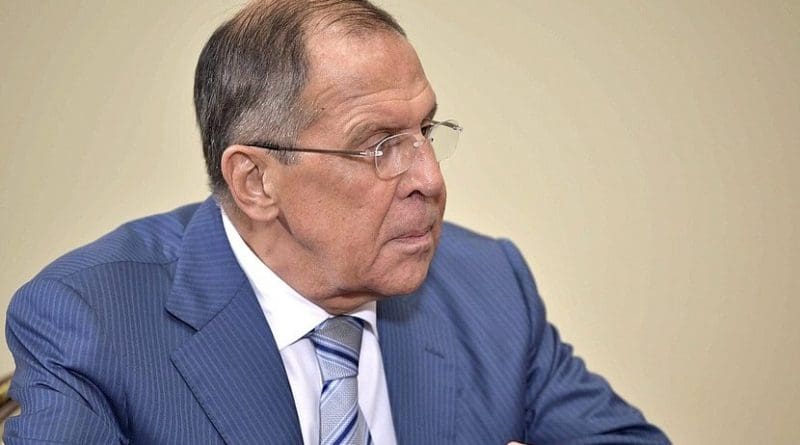Duma Elections Boosted Public Trust In Lavrov And Shoygu While Reducing It In Putin – OpEd
By Paul Goble
The recent Duma elections boosted public trust in two senior officials who took part, Foreign Minister Sergey Lavrov and Defense Minister Sergey Shoygu, while reducing it in Putin who did not, a sign that participation in elections by itself can have an impact because it shows that those who take part are prepared to offer themselves for this evaluation.
The changes were relatively small: trust in Lavrov rose from 9 to 12 percent and in Shoygu from 11 to 13, while it fell in Putin from 32 percent to 30 percent (znak.com/2021-10-01/posle_vyborov_rossiyane_stali_bolshe_doveryat_lavrovu_i_shoygu_no_menshe_putinu). But even those small shifts may have consequences.
One of the reasons that Shoygu’s ratings rose was the attention he received for proposing building new cities in Siberia, the kind of giant project that has often inspired Russians even if it has proven less than practical or even in their interests. Now, to undercut that, Putin has offered his own alternative.
The Kremlin leader has proposed not building new cities but combining old ones in order to improve their attractiveness. He has taken that idea from Kuzbass governor Sergey Tsivilev and supports the idea of amalgamating the older and troubled cities of Kemerovo and Novokuznetsk (ura.news/articles/1036283187).
That might address some of the problems Putin has pledged to address in recent months, but at least in part it appears to be an effort on his part to offer something like a vision of the future that might allow him to recover some of the trust and support that has been shifting from him to others.
Indeed, it is already being described by the URA news agency journalist as “an alternative to Shoygu’s ideas.” And that may be the most compelling reason Putin has for backing Tsivilyev and trying to combine the two cities.

